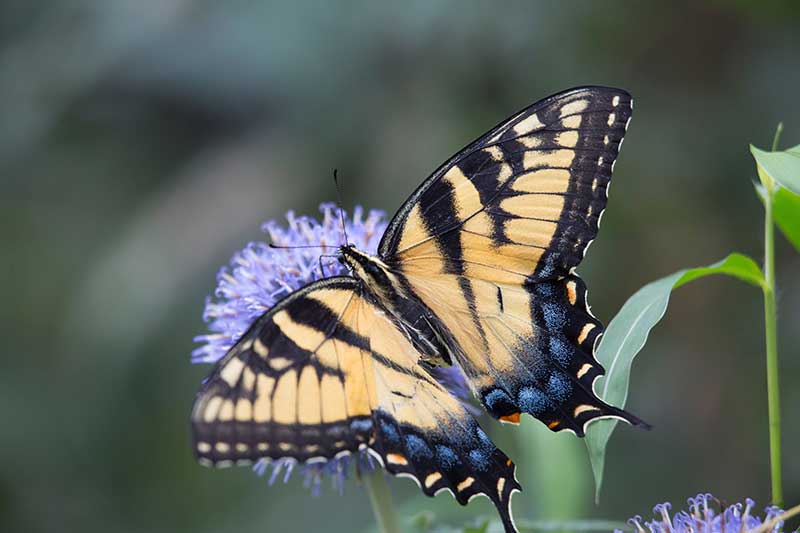
Human beings are peculiar creatures. We can think; and it sets us apart from other creatures, who can think some (consider the honeybee) but not much. Thinking, over the last 10,000 or so years (a rough estimate,) mankind has occupied himself, in the disciplines of science and philosophy, with the question of what, exactly, we are. This is, indeed, the question at the core of all the great traditions as well, which presume a spiritual — or inner — nature that forms the outer one.
Lo and behold! We are nothing like what we think we are; and even what we think is formed in different ways than we think it is. Scientists, investigating the question of the microbiome, that is, the billions or even trillions of tiny microorganisms that live in our bodies, have finally come to the realization that we form a holobiont: that is, we are not individuals, single entities, at all, but a collection, a community, of many organisms.
The microorganisms that inhabit our gut, our skin, and more or less all the other parts of our body, are our partners in biology; and it turns out that they help form the way we think and behave.
This has been true for hundreds of millions of years, as it happens; huge dinosaurs such as Apatosaurus (a.k.a. Brontosaurus) developed their enormous bodies to house the bacteria in their guts that digested the vegetation they ate. The question is a profound one, because for more than a century the perception of evolution has always been that it is driven by outer circumstances, and that the outer parts of organisms are the ultimate indicators of fitness. No one ever stopped to consider an alternative.
Yet it turns out, suddenly, that the outer form of a huge creature such as Apatosaurus was shaped, in great part, by the need for an environment in which to house the (in this case, undoubtedly) trillions of bacteria that helped it to digest its food. Evolution, in other words, does not just take place from the outside, putting survival pressure on creatures and causing their insides to respond; inside every creature, all kinds of things are going on that cause the outside to change.
All of this may seem like it has very little to do with our spiritual condition; yet all of the woes and the difficulties that human beings face begin inside human beings, not outside them; yet, being outwardly directed creatures, we seek outward solutions for our problems first. The solutions are political; they are technological; they are organizational; they are physical, chemical, liberal, conservative, and so on. But all of them turn out to be reactions to problems that begin inside human beings — and not just inside them in terms of the tiny organisms that help make us what we are, but also the thoughts we have — which are, in their own way, also invisible microscopic organisms.
Think of it this way, if you will. Every person who is in need and wants for something — food, shelter, care, protection — goes wanting because someone else, inside themselves, doesn’t want to share with them. One could argue that an enormous number of the problems we share in societies begin right there, inside people, and only then express themselves outwardly. It is the inner evolution that matters here as well: if we don’t recognize that we are filled with these “organisms,” these symbionts called thoughts that do so much towards forming our outward behavior and our societies, we don’t see the inner community that determines our outward form and our outward behavior. Those inward parts of ourselves are invisible to others; and, unfortunately, they are so often invisible to us ourselves, as we are, as well. It takes a great deal of introspection to see how these powerful reflexive, yet invisible, entities rule our every day outward life.
It’s a strange world, indeed; it turns out that tiny bacteria may have something to do with us being greedy, or selfish, or deranged. Could it be that they may also have something to do with us being generous, loving, or kind? If so, are we all just magnifiers of the inherent nature of these microorganisms — vessels that concentrate their force?
I doubt it is that simple — but I also doubt that we are free of these concerns. We express a whole community from within ourselves, both biological and philosophical; and it is in the organic contemplation of this situation, as it exists within us in the present moment, that we can seek a sobriety that brings something better to the world than what we are without such effort.♦